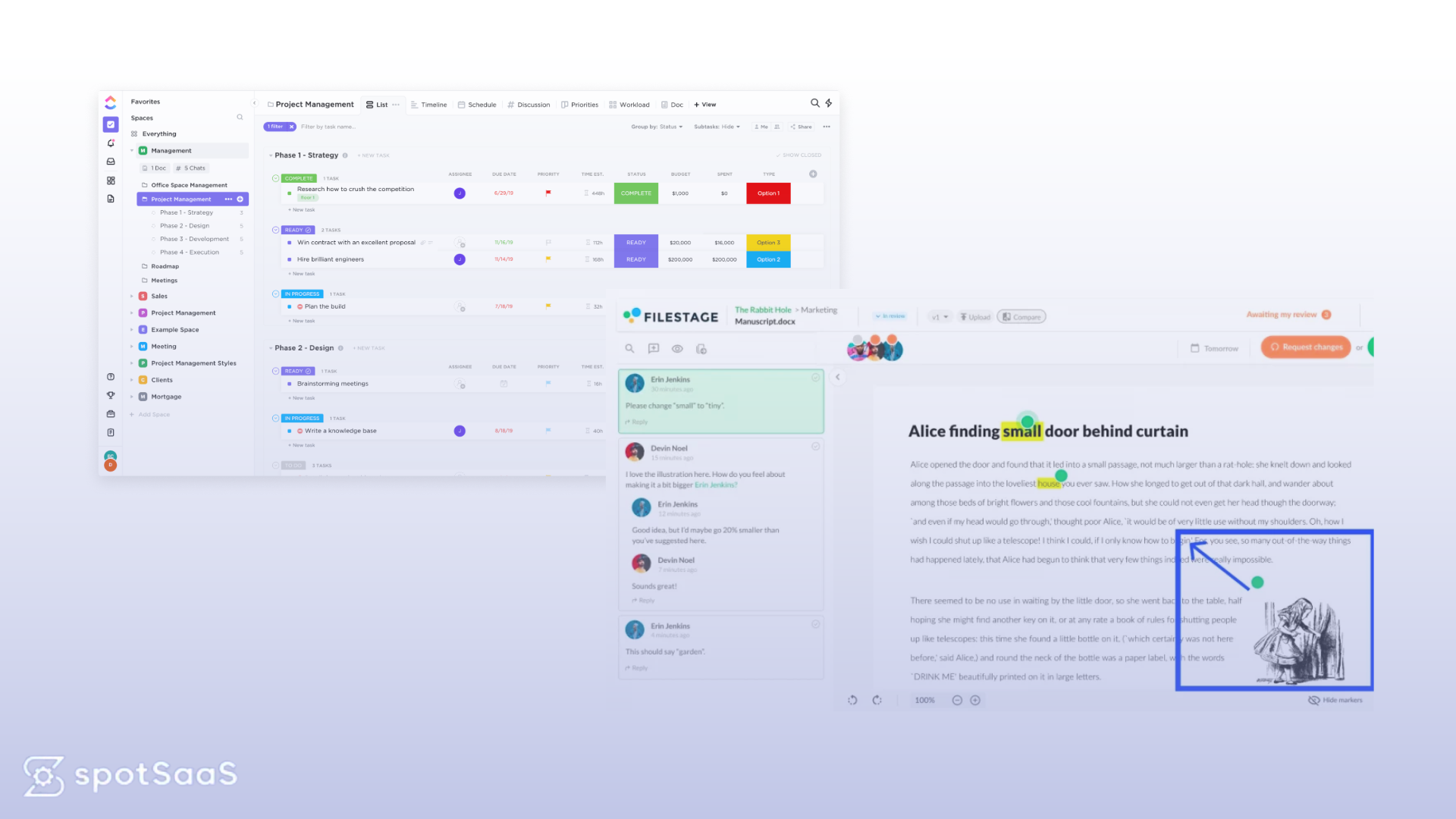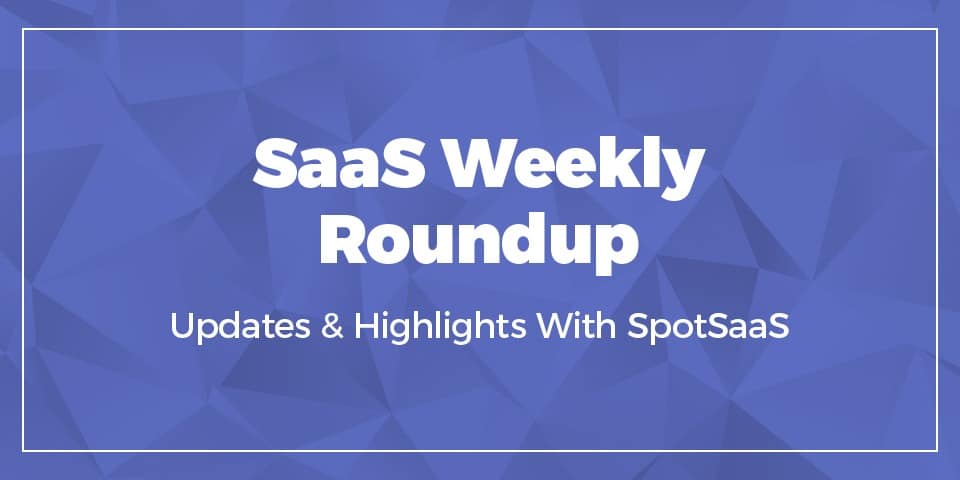Navigating your way through an HR Manager interview can be a daunting task. It’s estimated that over 80% of candidates find this type of interview challenging as it involves strategic and leadership questions.
This blog post is here to serve as your ultimate guide, providing you with sample questions and insightful examples tailored for such interviews. Read on to discover how you can ace your HR manager job interview!
Key Takeaways
- HR Manager interviews can be challenging, but with the right preparation, you can ace them.
- Common interview questions for HR Managers include “Tell me about yourself” and “What are your greatest strengths?”
- Role – specific questions may cover topics like onboarding processes, maintaining company culture, and preferred HR technology tools.
- Behavioral questions may ask for examples of leading complex projects or drafting employee policies.
Common HR Manager Interview Questions

During a HR manager interview, you can expect to be asked common questions such as “Tell me about yourself” and “What are your greatest strengths?”
Tell me about yourself
This question often serves as an ice-breaker in interviews. The interviewer is not requesting your life story, but a synopsis of your professional journey. Strive to emphasize experiences related to Human Resources and make sure to highlight the skills and qualifications that make you suitable for the position.
Discuss significant achievements, role-specific knowledge, previous positions, and how those elements have prepared you for the role of HR Manager. Talk about what motivates you professionally and describe workplace values that drive your performance.
Keep it concise; aim for a response lasting around two minutes.
Why do you want to work in the HR department?
Working in the HR department offers a unique opportunity to make a positive impact on both employees and the organization as a whole. As an HR professional, you have the ability to create and implement policies and procedures that promote fairness, equality, and diversity in the workplace.
By ensuring that these policies are followed, you can help foster a supportive and inclusive work environment where everyone feels valued. Additionally, working in HR allows you to play a key role in recruiting and hiring new talent.
You get to be part of shaping the company culture by finding individuals who align with the organization’s values and goals. Overall, working in HR provides an incredible experience where you can use your skills to positively influence people’s lives while contributing to the success of the business.
What are your greatest strengths?
Highlighting your greatest strengths is an essential part of any job interview, especially when applying for the role of HR Manager. The interviewer wants to understand what sets you apart and makes you a valuable candidate.
Be sure to focus on skills that align with the requirements of the position, such as excellent communication abilities, strong organizational skills, and a keen eye for detail. Additionally, emphasize your ability to work well under pressure and handle multiple tasks simultaneously.
By showcasing these strengths, you demonstrate how you can contribute positively to the HR department and drive success within the organization.
How do you ensure equality and diversity policies are followed in the workplace?

To ensure equality and diversity policies are followed in the workplace, HR Managers need to take proactive measures. They can start by creating a comprehensive policy that outlines expectations and consequences for non-compliance.
It’s crucial to educate employees on these policies through training programs and regular communication. Additionally, implementing a system for reporting discrimination or harassment anonymously encourages employees to come forward without fear of retaliation.
Regular monitoring and auditing of practices can help identify areas where improvements are needed, allowing for necessary adjustments to be made promptly. By promoting a culture of inclusivity and holding everyone accountable, organizations can foster an environment that embraces equality and diversity at all levels.
What makes you most qualified for this position?
As an HR Manager, my extensive experience in the human resources field makes me highly qualified for this position. With a proven track record of successfully managing complex HR projects from start to finish, I am equipped to handle the demands of this role.
My strong leadership skills enable me to effectively drive results and ensure compliance with employee policies. Additionally, my expertise in onboarding processes and maintaining company culture will be invaluable as the company grows.
I have a deep understanding of HR technology tools and can recommend systems that optimize each function. Overall, my qualifications make me well-prepared to excel in this position and contribute to the success of the organization.
Role-Specific HR Manager Interview Questions
Describe the ideal onboarding process and how it supports business goals.
Describe your ideal onboarding process and how it supports business goals
An ideal onboarding process sets the stage for new hires to have an incredible experience and prepares them for success in their roles. It involves providing a comprehensive orientation that introduces them to company culture, policies, and procedures.
The onboarding process also includes assigning mentors or buddies to help new employees feel supported and connected. By implementing this ideal onboarding process, businesses can ensure that new hires quickly become productive members of their teams, which ultimately contributes to achieving the organization’s goals.
How do you define company culture and how would you maintain it as the company grows?

Maintaining a strong company culture is crucial as a company grows. Company culture refers to the shared values, beliefs, and attitudes that guide employee behavior and shape the overall work environment.
To define company culture, you need to assess the organization’s core values and mission statement. As the company expands, it is important to involve employees in shaping and maintaining the culture.
This can be done by fostering open communication channels, encouraging collaboration, recognizing and rewarding contributions, providing professional development opportunities, promoting work-life balance, and consistently reinforcing the organization’s values through policies and practices.
Which HR technology tools do you prefer and can you suggest one system per function?
When it comes to HR technology tools, there are several options available depending on the specific function. One popular tool for recruitment and applicant tracking is Workday. It allows for streamlined candidate management and reporting.
Another useful tool for employee performance management is BambooHR, which offers features like goal setting, performance reviews, and feedback tracking. For payroll and benefits administration, ADP Workforce Now is a reliable choice with its comprehensive system that handles tax filing, time tracking, and employee self-service options.
Each of these systems has its own strengths and can greatly enhance HR operations in their respective areas.
Behavioral HR Manager Interview Questions

Give an example of a time you led a complex HR project from start to finish.
Provide an example of a time you led a complex HR project from start to finish
I led a complex HR project from start to finish when I was tasked with implementing a new performance management system for the company. I started by researching and selecting the most suitable software, ensuring it aligned with our goals and objectives.
Then, I created a detailed project plan, assigning tasks to team members and setting clear timelines. Throughout the project, I communicated regularly with stakeholders to provide updates and address any concerns or issues that arose.
Finally, I conducted training sessions for employees on how to use the new system effectively. The successful implementation of this project not only improved our performance management processes but also resulted in increased employee engagement and productivity.
What would be the first employee policy you would draft as an HR manager and how would you ensure compliance?
As an HR manager, the first employee policy I would draft is a clear and comprehensive code of conduct. This policy would outline expected behavior, ethical standards, and guidelines for all employees to follow.
To ensure compliance, I would implement several measures. First, I would distribute the policy to all employees and require them to read and acknowledge their understanding of it. Additionally, I would conduct regular training sessions on the code of conduct to reinforce its importance.
Furthermore, I would establish a reporting system for employees to confidentially report any violations or concerns related to the policy. Finally, consistent enforcement of the policy through fair and transparent disciplinary actions would help drive compliance throughout the organization.
Conclusion
Prepare for success in your HR manager interview by familiarizing yourself with common, role-specific, and behavioral questions. Use examples from your incredible experience to showcase your skills and knowledge in areas such as onboarding, company culture, HR technology tools, project leadership, policy drafting, and compliance.
With the right preparation and a confident demeanor, you can ace your HR manager interview and land the job of your dreams.
FAQs
What should I expect in a HR manager interview process?
The HR manager interview process often involves common HR interview questions focused on your leadership style, management approach, least favorite tasks and how you prepare for success.
How can I improve my HR Interview skills?
Practicing answers to various human resources interview questions or seeking professional HR job interview advice are effective ways to bolster your interviewing skills.
Can you give me examples of human resource director interview questions?
Yes, questions might include inquiries about managing the human resources department, preferred hiring strategies and demonstrating your generalist knowledge in human resources.
Are there differences between interviews for an HR supervisor role versus an HR coordinator role?
Both roles will likely have some overlapping themes like leadership style but unique positions such as An HR Supervisor or Coordinator may face specific inquiries related to their respective jobs.
Where can I find a guide with tips for different types of Human Resource roles like specialist or recruiter?
From online sources to professional networks, numerous platforms share valuable guides that include everything from typical Human Resources Specialist Interview Questions to tips for acing an ample range of interviews including those held by recruiters.



